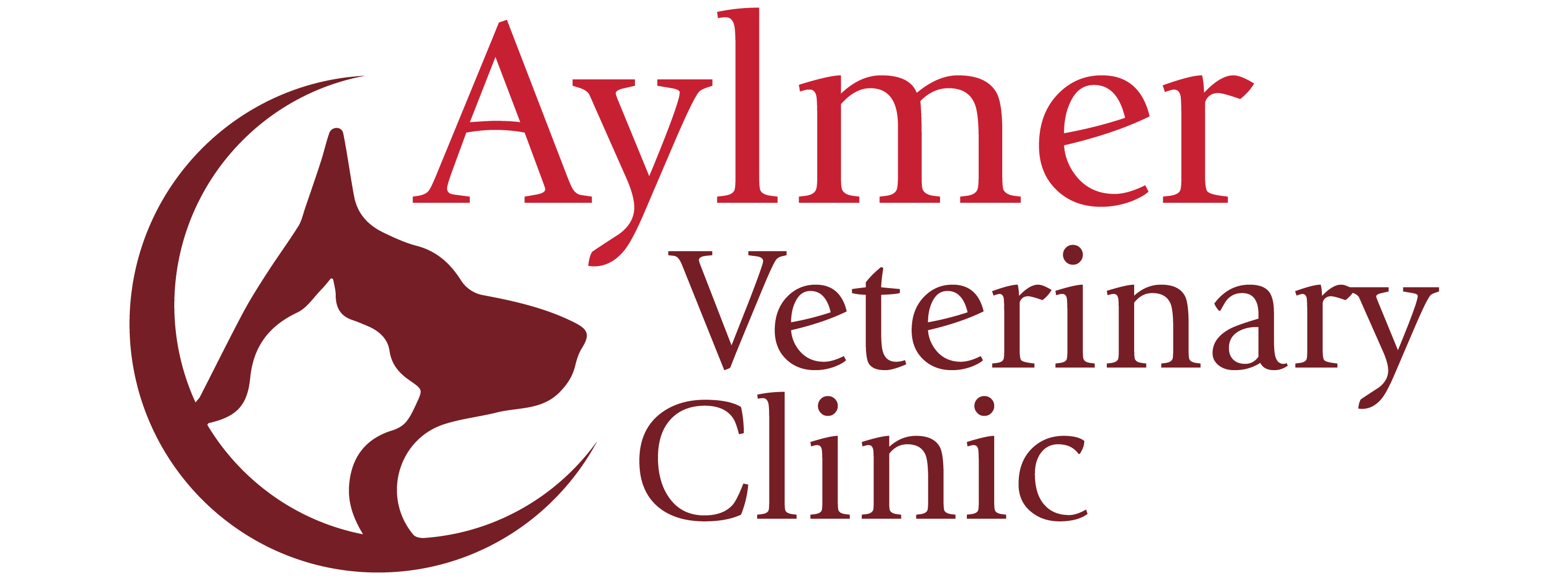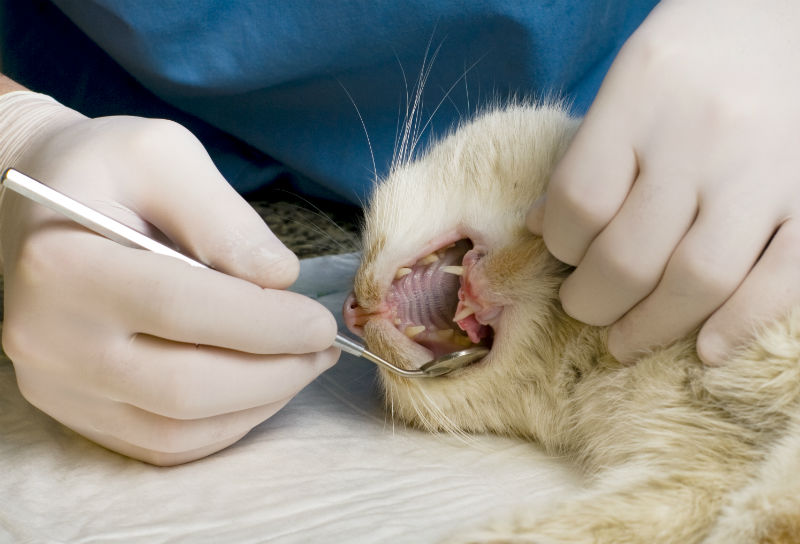Did you brush your teeth today?
Brushing our teeth is a part of our daily routine that never gets forgotten. Is this the same for your pet? Do you brush your pet’s teeth every day? If you said yes, keep up the good work! Daily cleaning is great care for your pet! If you said no, in this article you will read more about dental disease and how it can affect your furry friend and ways to help.
What is periodontal disease?
Periodontal disease includes gingivitis (inflammation of the gums) and periodontitis (loss of bone and soft tissue around the teeth). There are four stages of periodontal disease. This starts with gingivitis with little to no calculus. Next is an early stage of damage to the tooth, on to moderate and advanced disease which is irreversible.
DID YOU KNOW?
By three years of age, most dogs and cats have some form of periodontal disease!
What are signs & symptoms of pet dental disease?
- bad breath/odour from the mouth
- red/swollen gums
- plaque/calculus on the tooth surface
- loose/mobile teeth
- licking mouth/drooling
- rubbing face/pawing at the mouth
- not eating
What can you do to help your pet?
1. Brushing their teeth
– Brush your pet’s teeth every day, if you are not doing it at least 3 times a week it will not help. See this video for tips and tricks for brushing their teeth!
– If they will not allow you to brush their teeth there are other methods to help keep their mouth clean!
2. Diet
– There are diets available that your pet can eat every day. They have larger kibble to help clean/take plaque off of their teeth as they chew
3. Water Additive
– Add this to your pet’s drinking water to help rinse the mouth and aid in plaque formation
4. Chew Toys/ Treats
– Toys that help clean their teeth as they chew
– Dental chews/bones to aid in plaque formation
If you are concerned about your pet’s mouth, please contact your veterinarian for further assistance. You can set up a dental consultation and allow for the veterinarian to further assess your pet’s mouth.
Regular dental cleanings by your veterinarian allow for a healthy mouth and a happy, pain-free pet!
Written by: Kendra Stoddart, RVT




